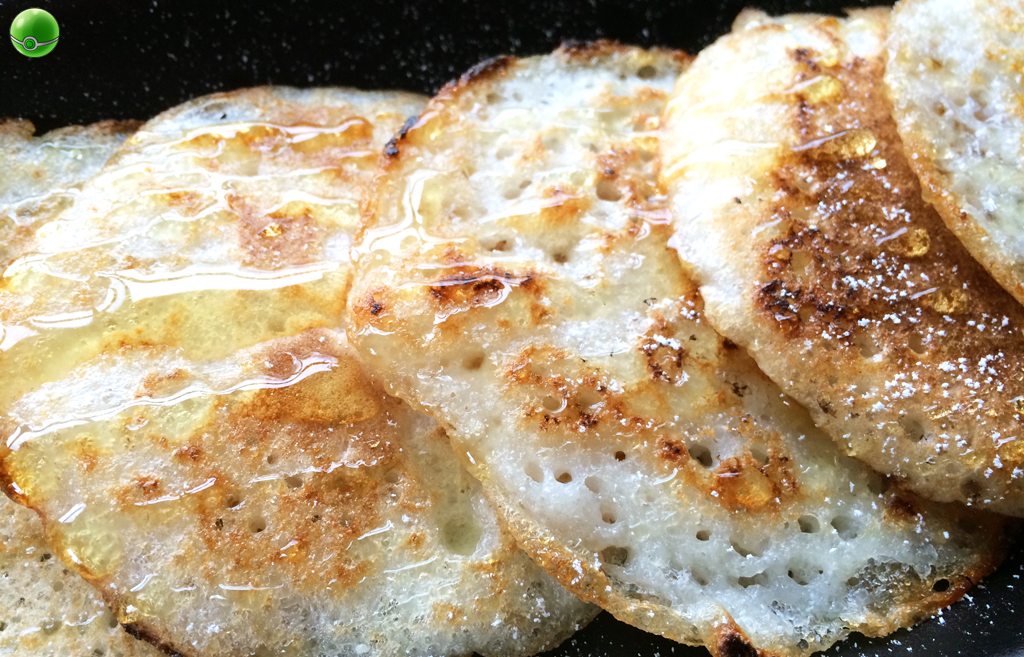Originally written as part of the World Cup 2014 cooking project.
Football:
Pivoting on a six-pence, dribbling through players like cones, deft little touches and flicks, and a devastating finish; one of my all-time favourite players to watch was number 10, Jay Jay Okocha. I remember him as the tiny Nigerian with the braided hair and it is players like him that makes me love this game to absolute bits. In fact, whilst at Bolton Wanderers in England they used to chant on the terraces that he was so good they named him twice. Jay Jay helped Nigeria qualify for their first ever World Cup in 1994. The 1990s really did herald the emergence of African football on a global scale, and Nigeria – the Super Eagles – compounded this with strong, fast and attacking football.
In Brasil, Nigeria again enter with high expectations, but have not reached the last 16 since 1998 in France. However, they will feel they have a great chance after former player and current coach Stephen Keshi has revived the side that now boasts a host of immensely talented players. John Obi Mikkel is the creative heartbeat of the side and is supported by the likes Victor Moses, Emmanuel Emenike, Godfrey Oboabona and Kenneth Omeruo. Also, goalkeeper Vincent Enyeama has a chance to become one of the stars of the tournament.
The Dish:
Nigerian food centres around some key ingredients; rice, yam and cassava, smoked fish, plantain, black-eyed beans, goat meat and native nuts and greens. As with most Africans and their cuisine, Nigerians are well in to their casseroles flavoured with exotic spices and also enjoy some great snacky type desserts.
As soon as I saw the name Masah with Wild Honey, I had no hesitation in selecting this as the dish for Nigeria. On paper it is one of the simplest dishes to prepare, but as I have found out the key is in the process having had a couple of duff attempts. I remembered making dosa about ten years ago, a process that involved soaking rice and lentils, grinding them and then allowing them to ferment. Masah are similar in that they are fermented rice pancakes and for them to work requires time, patience and some elbow grease in grinding the rice – something I didn’t do in those first two attempts. So, recalling that dosa experience I hit the jackpot on the third attempt. Masah can be served with wild honey, as I have here, but are also served with taushe, a Nigerian vegetable soup.



